TechRadar Verdict
Quantum Error is an intriguing and solid horror game - though never gripping or truly outstanding. At its best when you’re a firefighter using your specialist skills and tools, the title has an original premise and story but is let down by weird over-the-top cinematic stylings as well as odd pacing, as well as characters and dialogue carved out of oak.
Pros
- +
Cool application of DualSense haptics
- +
Intriguing premise
- +
Refreshingly simple healing and upgrade systems
Cons
- -
Awkward, overly-cinematic direction
- -
Strange and frustrating pacing
Why you can trust TechRadar
Platform reviewed: PS5
Available on: PS5, Xbox Series X|S, PC
Release date: November 3, 2023
Quantum Error is a cosmic horror shooter action game from TeamKill Media that has a very original premise, one that I’m surprised hasn’t been explored more in games: putting you in the boots of a firefighter and having you utilize their specialist skills and tools.
You are Jacob Thomas, an accomplished firefighter Captain. On a regular search and rescue fire mission that goes south - and spookily supernatural - you soon become stranded in a research facility and have to rely on your distinct firefighter skills as well as the weapons you find on-site. Throughout the adventure, you'll need to save employees, liaise with survivors, and find out what’s at the heart of a cosmic horror nightmare - all while confronting terrorists and otherworldly monsters.
Quantum Error is an intriguing horror game that’s well done, uses the PS5's DualSense controller smartly, has robust weapons, and deploys its firefighter USP terrifically. However, frustrations affecting pacing, progression, gunplay, and art direction hold the game back.
Fanning the flames
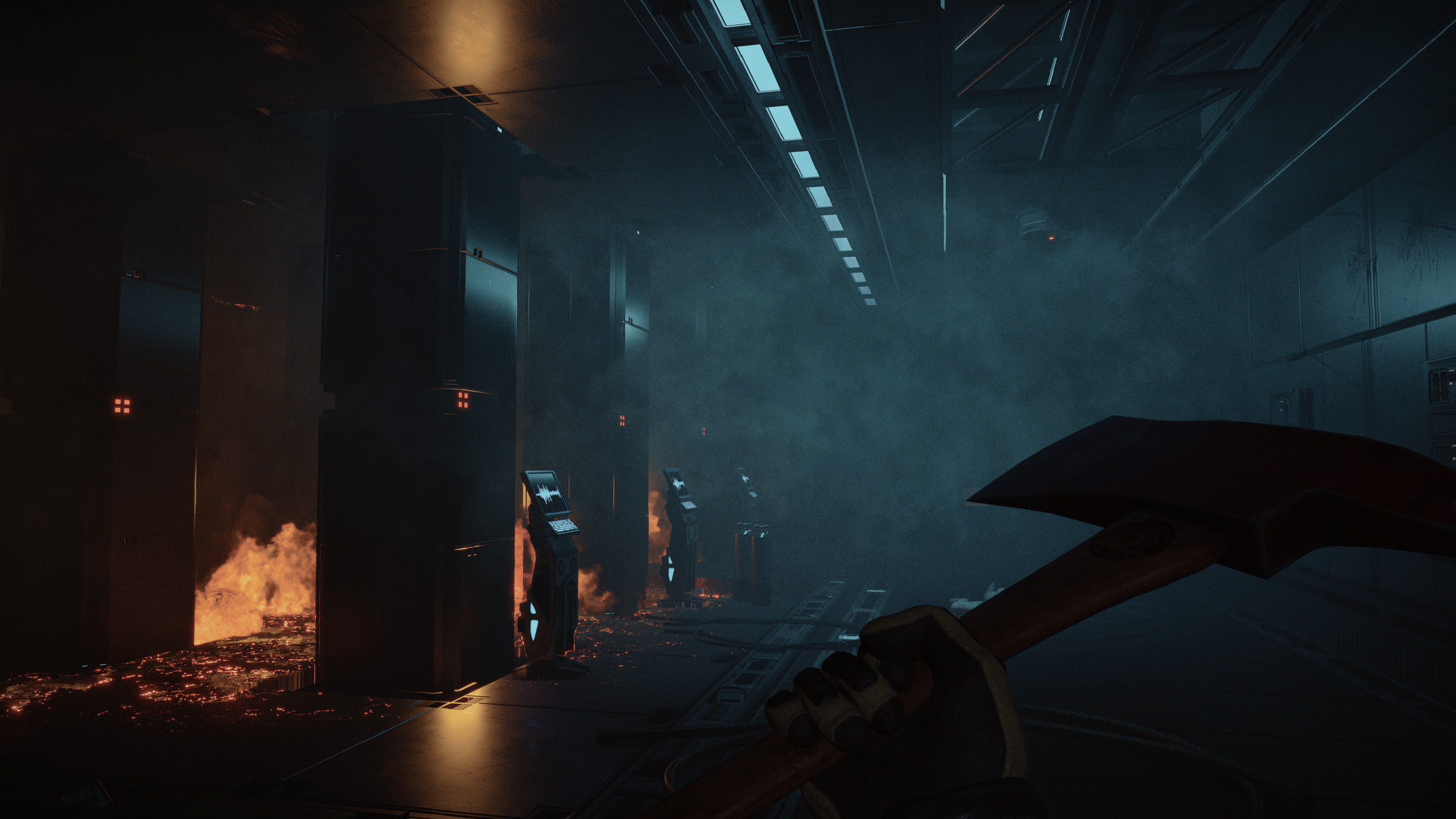
Quantum Error’s setup is a mix of original and familiar. The former is the concept of being a stranded firefighter in a high-tech facility, trying to save lives, find your crew, and rely on your vocational talents and tools to get to the bottom of a dark mystery. The familiar part is quite familiar, however: a solo protagonist, cut off from their team, is on a rescue mission gone wrong and must navigate a dark and mysterious facility taking on terrorists and supernatural enemies with whatever tools they can find. This gives Quantum Error some particularly strong Dead Space vibes, making protagonist Jacob reminiscent of Isaac, the frontman of EA's own seminal sci-fi horror series.
The meat of the game is set in the 22nd century at the Monad Quantum Research Facility, an installation on the cutting edge of quantum travel. You traverse multiple floors of the Monad, following objectives and uncovering information, but there’s no strong USG-Ishimura-type sense of place here. It’s rather monotonous and samey by design, and unfortunately, a lot of the Monad is just too dark to appreciate. The approach in Quantum Error does seem to be ‘more dark = more scare’. However, the darkness also helps reinforce the sensation of Jacob being alone and isolated which ramps up the fear factor. It still successfully gives you the jumps when hearing cries or whispers in the distance or rounding a corner and getting rushed by an enemy. Skulking around the corridors and rooms of the Monad is rewarding, too, offering the chance to find new weapons, resources, or even NPCs to save. Some of the side quests to rescue folks are particularly enjoyable to pull off, and it’s always satisfying to solve a puzzle using your firefighter's brain or lead stranded Monad employees to escape points.
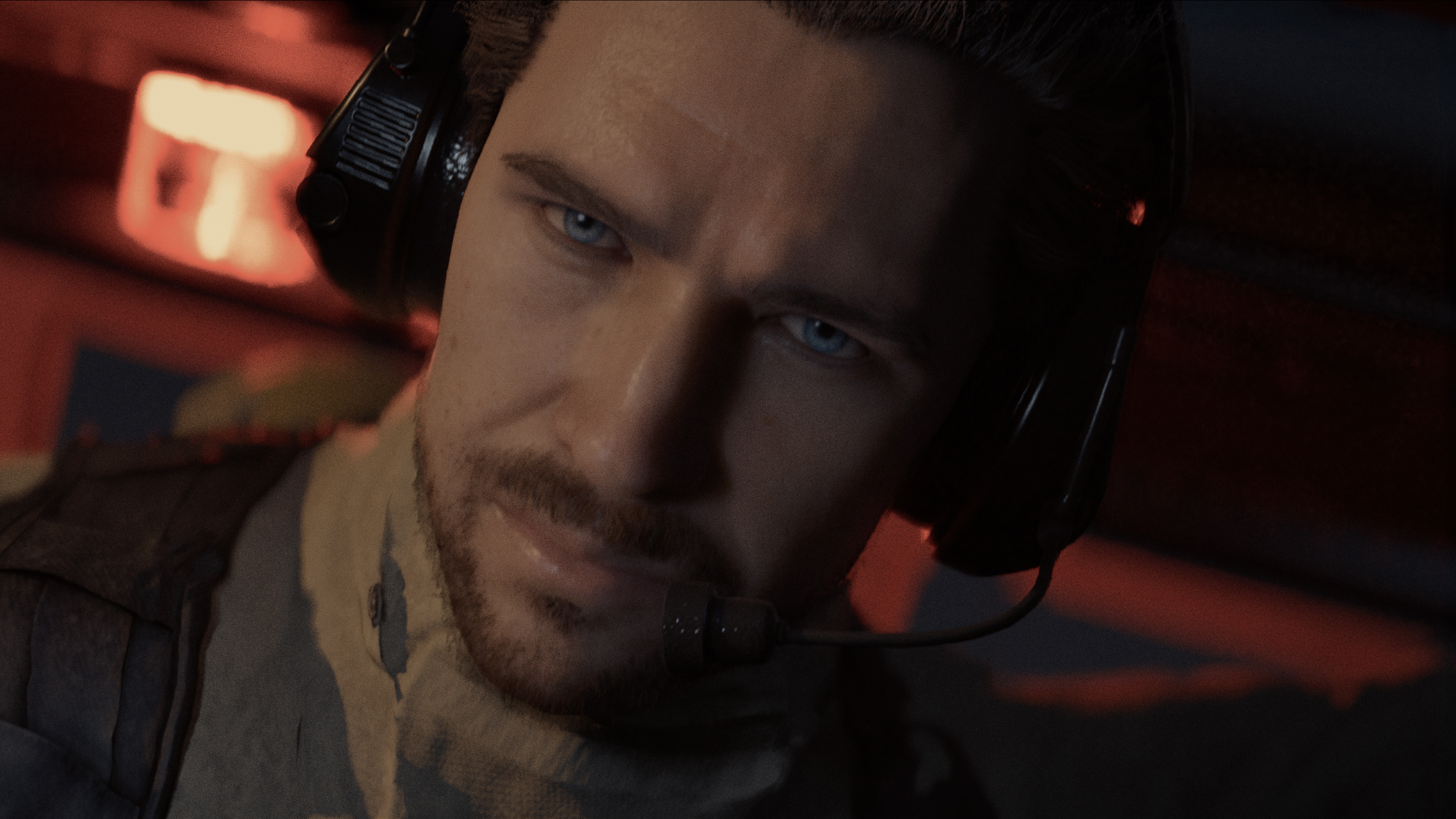
Several well-designed and helpful safe spaces throughout the Monad facility help Jacob survive, along with plenty of resources and ammo to assist your journey through each zone: Firewings and armories offer safe rooms in which to stock up, change your suit depending on the specific fire or damage resistance you need, and upgrade your weapons (with the firmware resource found throughout the game); and ARGUS (Advanced Retinal Global Unity System) sites provide place to upgrade Jacob and to save progress. A mysterious substance called ‘quintessence’ - introduced to you without comment, somewhat frustratingly - is used to upgrade Jacob’s stats, and overall, his personal and weapon upgrades are pleasingly simple and streamlined - there are no branching skill trees here, just good old-fashioned numbers that you can make bigger.
The healing system is particularly satisfying to use. Jacob can boost his health with a syringe (the ‘E.M.I’) but you can store healing items up to ‘stock up’ said syringe. This means you can gather healing packs to both top yourself up in the short term, and prepare for future encounters in the long term. The game encourages you to maintain full health and stock up so Jacob is in the best possible condition and position going forward.
Sign up for breaking news, reviews, opinion, top tech deals, and more.
A lot of Quantum Error plays as a straight-up action shooter, that can be played first-person or third-person. The firefighter tools are weighty and brutal when used in melee combat; smash the fire axe or halligan into enemies and you’re met with heavy and satisfying thuds which yield explosive results. Most of the guns are cool in and of themselves, and deliver solid punches and satisfying blows on enemies. The shotgun. great for cutting enemies in half, and the spitter (a heavy-duty shotgun-type gun that fires clusters of ammo) are definite highlights, and I had great fun laying into all the different enemy types with them too. However, the actual gunplay is a bit sluggish: fire rates and reloads are very slow, weapon switching takes an age, and there are no automatic reloads when you get to the end of a mag. At best this could be interpreted as something to remind you that Jacob is only a firefighter, not a soldier, but at worst (and most of the time) it slows down the action, is frustrating, and can leave you helpless in a fight if you’ve emptied a clip.
Burning bright, and burning dim
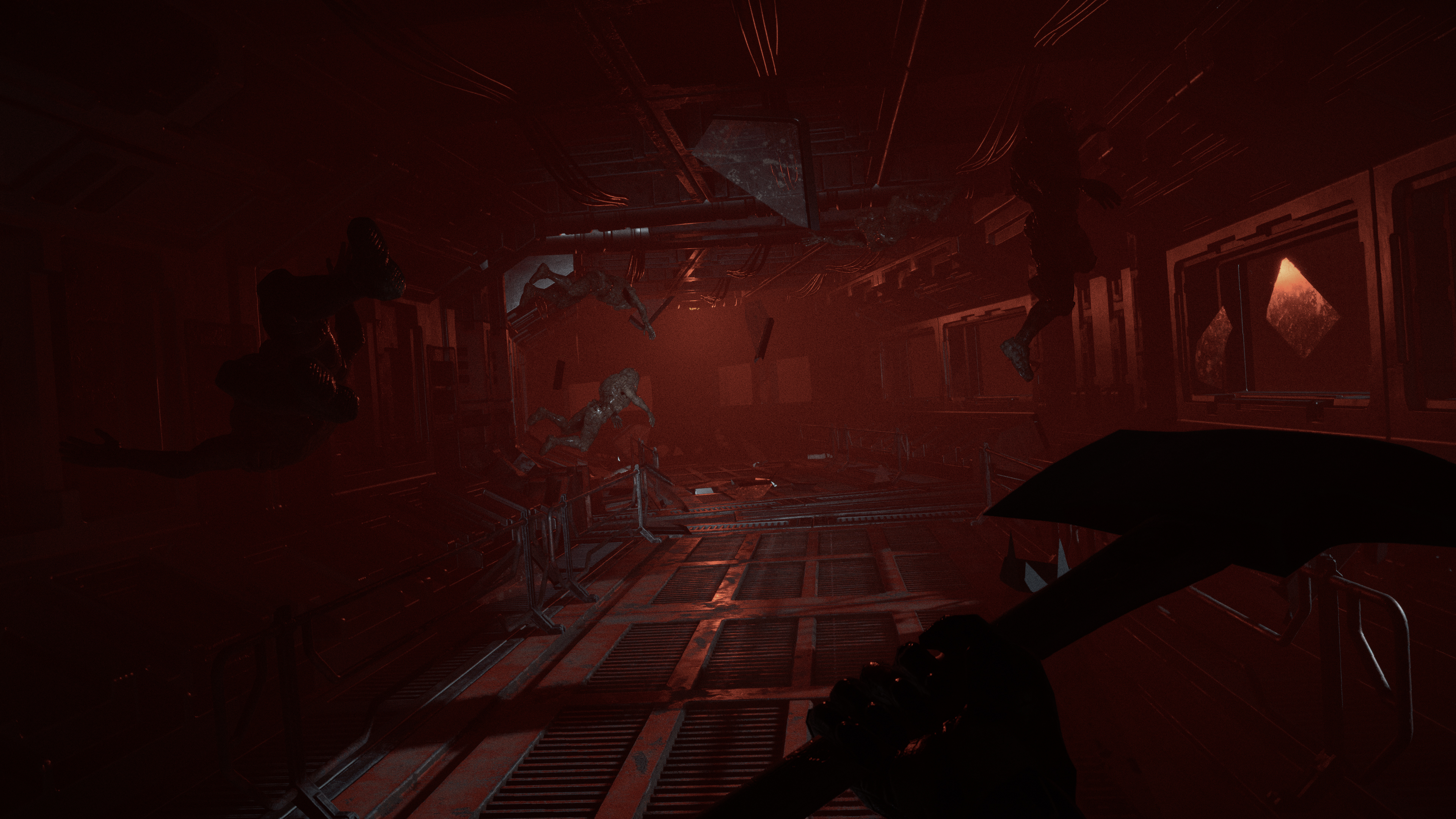
The DualSense reflecting and assisting with firefighter skills is always very cool - receiving localized rumble when checking the temperature of doors, performing CPR compressions and mouth-to-mouth with the triggers and mic, and feeling the intense rumble when porting open doors with the halligan are particular highlights of the tech.
Where Quantum Error shines brightest, however, is when you can go hard on playing Jacob as a firefighter. There are a host of firefighting tools at your disposal which are so cool, and that are implemented very successfully. From simple things like working out how to restore water supplies to hosepipes when fires are blocking the way ahead or using a mallet to slowly close heavy-duty valves, to more specialist abilities like identifying gas flows and pinching the pipes off with the jaws of life, prying open closed doors with a halligan bar, checking doors to avoid backdrafts, and venting rooms with a saw, are all incredibly well done and satisfying, adding to the immersion. So much so that these are some of the best bits of the game - something further enhanced when putting some of those specialist tools to very good effect against bosses; knocking a boss down and then laying into them with the K12 saw is grimly satisfying.
These tools and skills are then terrifically deployed with the PS5’s DualSense controller: when checking to see if a door is hot with Jacob’s left hand (to work out if a deadly backdraft will occur if you were to pry it open), the left wing of the DualSense will subtly vibrate to indicate that the door is hot, and the room on the other side needs venting first; the adaptive triggers will resist and then rumble intensely as your halligan jams into and then opens doors; the haptics will alter according to the intensity of flames and how you’re approaching them; and you can blow through the microphone to deliver breaths when performing CPR.
There are a host of firefighting tools at your disposal which are so cool, and that are implemented very successfully
However, it’s not all white hot. Quantum Error’s art direction is very over the top at times, to the point of being cringeworthy. It feels like it's trying to be so cinematic and cool with the amount of lingering close-ups on character faces, super slow-mo sequences, and forced faux-dramatic delivery of lines. The eyebrow-raising art direction also extends to the characters: Jacob is another member of the wooden-voiced, blank-expression protagonist club, for starters. Elsewhere, especially in cutscenes, there are strange poses, weird animations, inaccurate lip-syncing, and very wooden voice work and facial expressions, all of which are jarring and falter the immersion and storytelling.
The pacing throughout the game is strange, but also annoying at times. Especially in the first few hours, the story is hard to follow due to the implementation of flashbacks, and elsewhere cutscenes can just suddenly appear in areas of otherwise normal game time, causing you to be on hold for a few minutes. I also had to wait for what felt like an age to get the second main weapon in the game. The pacing also affects some levels with long gaps between save points making for frustrating checkpointing - some particular enemies that are thrown at you along the way make this even more annoying and can quickly ruin progress.
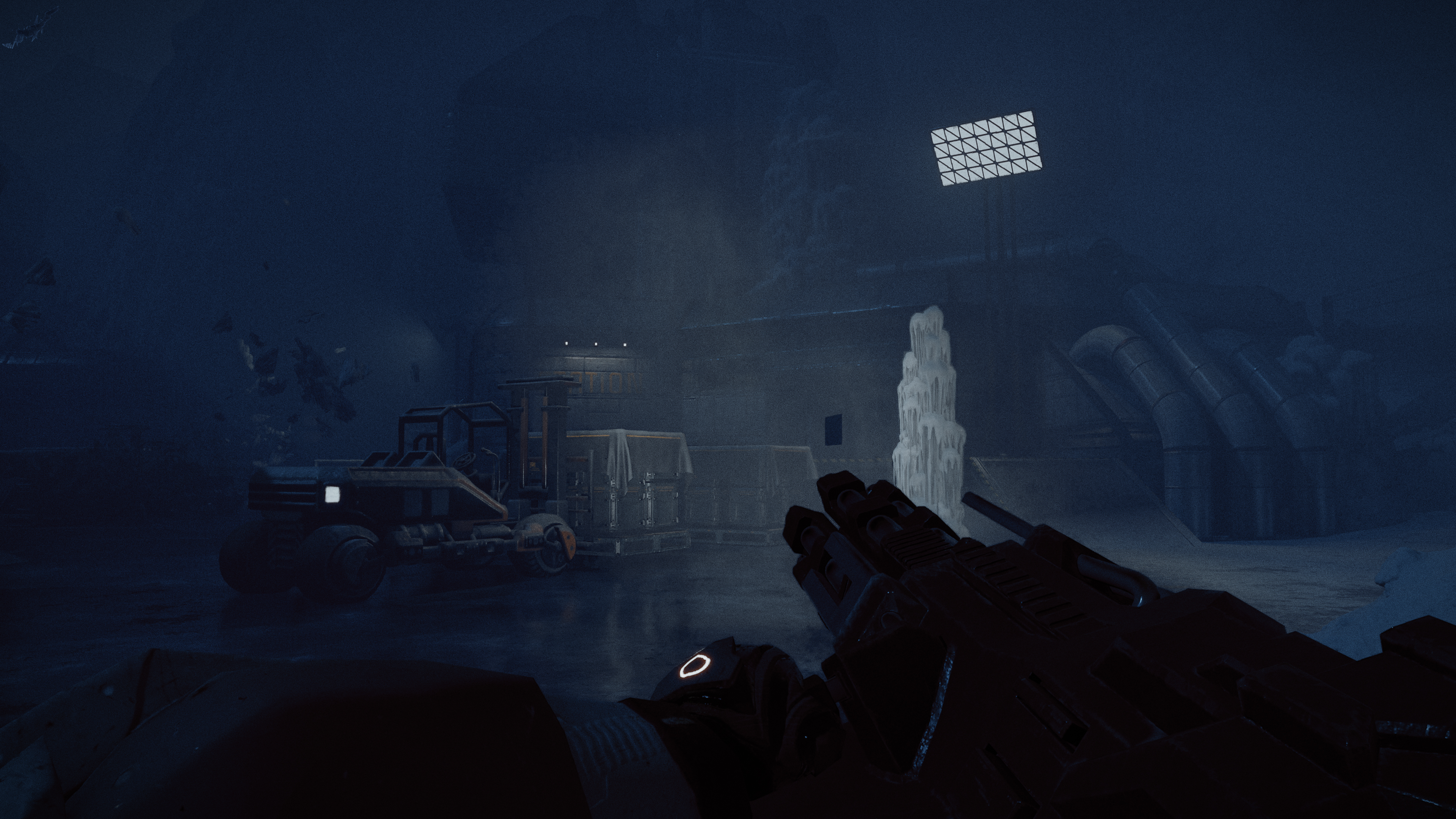
Quantum Error’s use of Unreal Engine 5 is splendid and gives the game a slick and chic finish, but, overall, the title does show some signs of its small-scale development. I’ve had multiple instances when the weapon and item menus would just not appear when pressing the appropriate buttons; Jacob often struggles with ladders and has strange transitions between standing, crouching, and going prone; and, at one point, I managed to skip a level’s whole main objective by using a save point. When I booted up after this save, the companion I was escorting disappeared and I could only go into the final area of the level with the game starting the end boss fight as if nothing happened.
Quantum Error is a well-executed mystery horror game that realizes the childhood dream of “being a firefighter”. Broad chunks of it are robust, such as its guns and Jacob’s specialist skills, but numerous frustrations hold it back. In the year of Dead Space Remake and Alan Wake 2, Quantum Error struggles to burn as bright as its contemporaries.
Accessibility features
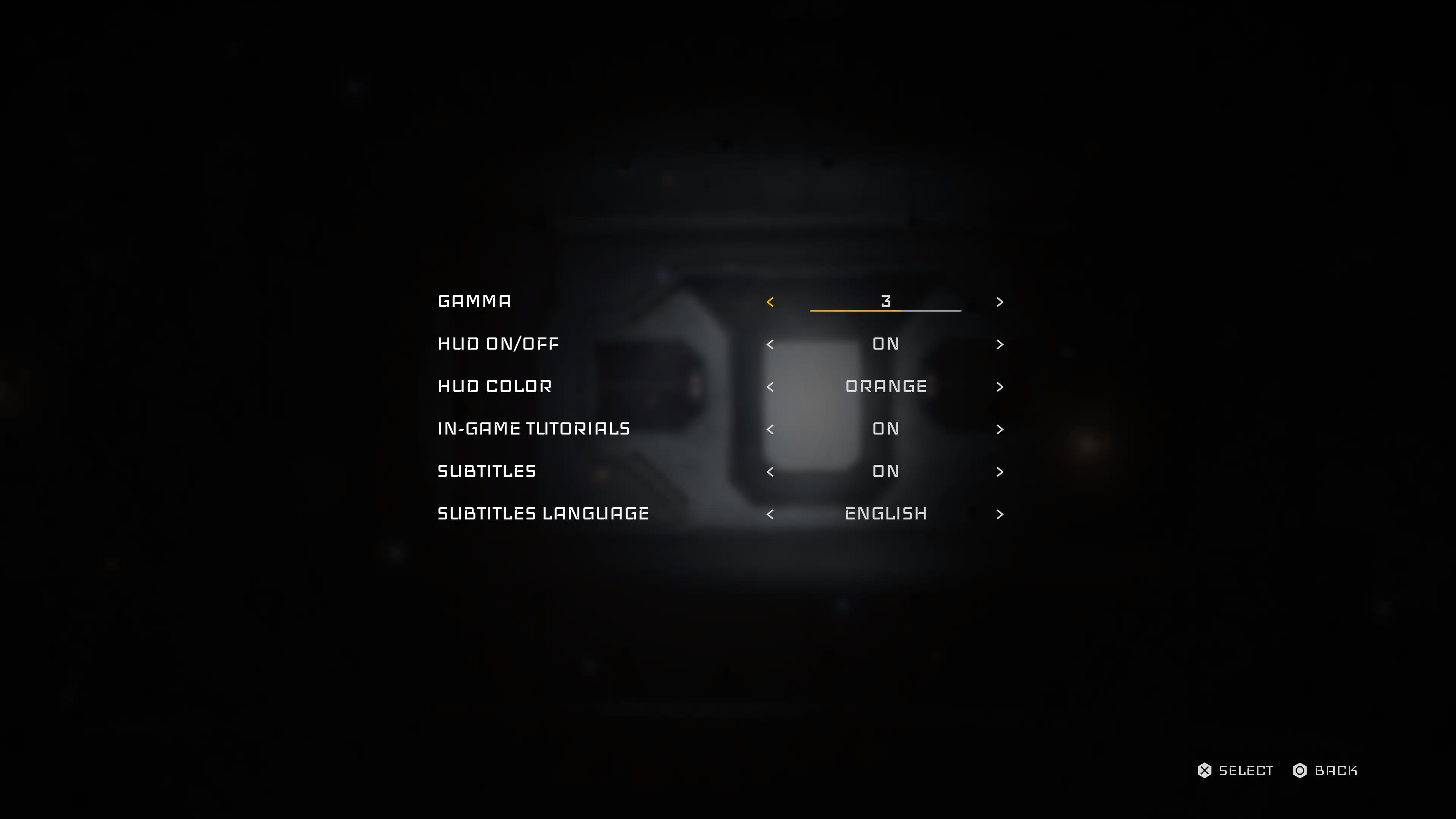
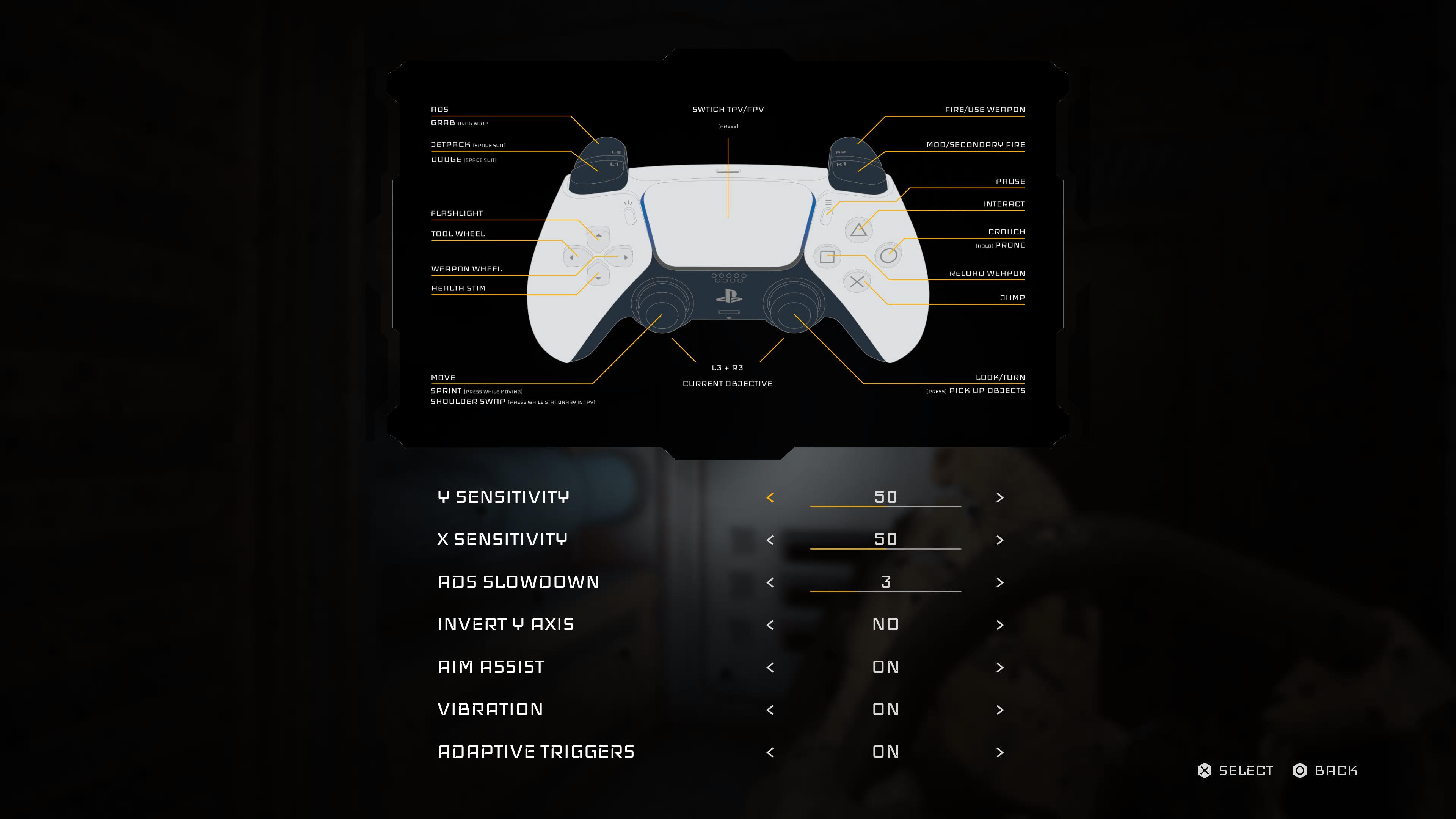
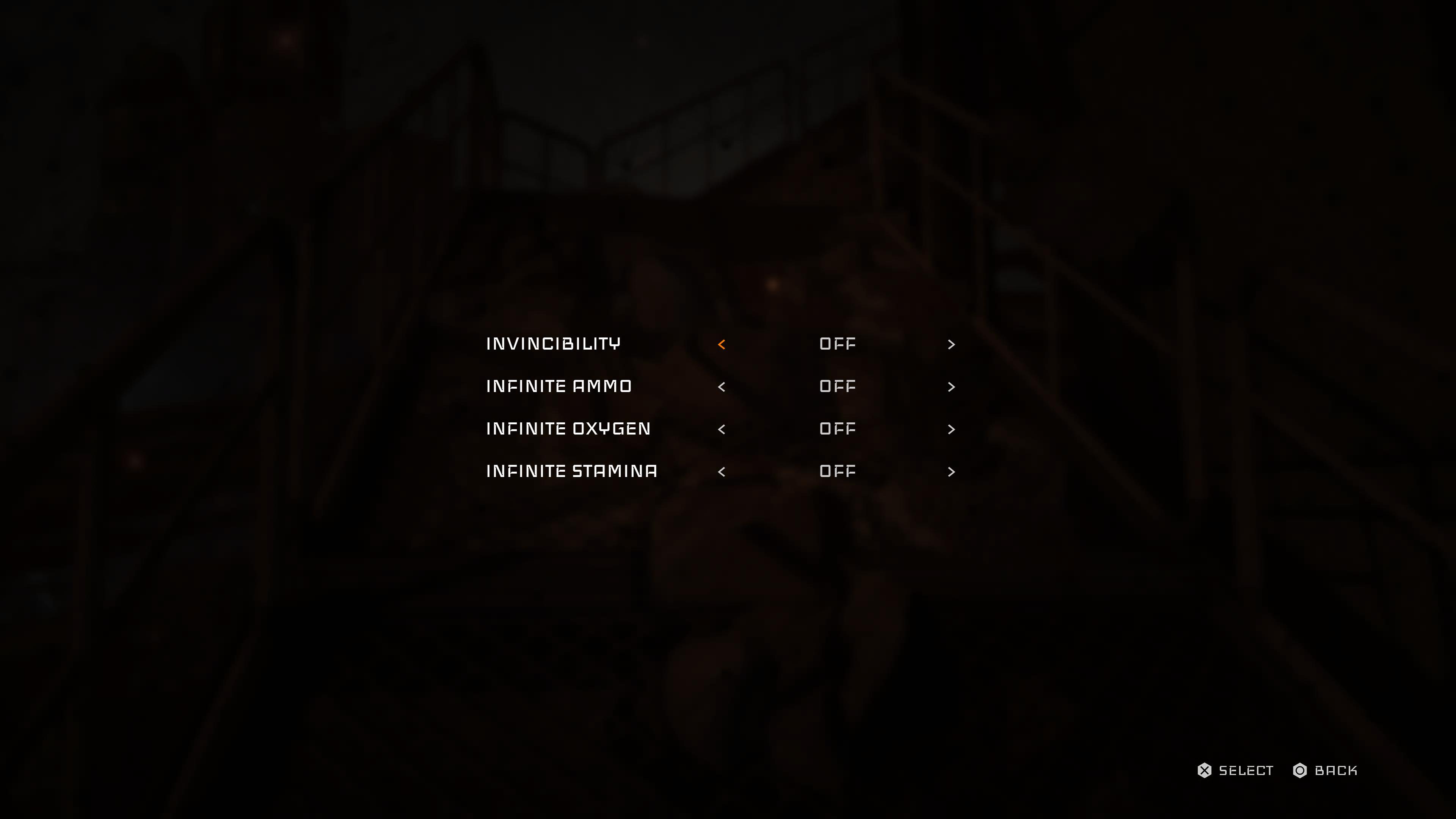
There are no dedicated accessibility features in Quantum Error. Subtitles are present but small and there is no way to change subtitle size which is a huge problem at early points in the game where some tutorial boxes are unbelievably text-cramped and hard to read - so much so that I had to get close to my TV to read them. Elsewhere, the best-looking features that would benefit accessibility - ‘cheats’ offering things such as infinite oxygen and health - are unavailable until you finish a playthrough (this qualifier is not displayed).
How we reviewed Quantum Error
I played Quantum Error on PS5 for nearly 15 hours enjoying its full technical capabilities on a Samsung Q6F QLED TV. I explored as much of the Monad facility as I could in my time with the game following the main story as well as exploring and finding side missions. I used as many weapons and tools as I could find to get a handle on all that the game offers in that respect, and I enjoyed the game’s creepy audio on both a soundbar and with a PS5 headset.
I also spent a short while testing the game over PS Remote Play on my gaming PC, that is teamed with an Acer Predator X38 monitor supplied by Acer.
If you’re looking for more inspiration for PlayStation 5, then check out our guides to the best PS5 games and best PS5 exclusives.

Rob is the Managing Editor of TechRadar Gaming, a video games journalist, critic, editor, and writer, and has years of experience gained from multiple publications. Prior to being TechRadar Gaming's Managing Editor, he was TRG's Deputy Editor, and a longstanding member of GamesRadar+, being the Commissioning Editor for Hardware there for years, while also squeezing in a short stint as Gaming Editor at WePC just before joining TechRadar Gaming. He is also a writer on tech, gaming hardware, and video games but also gardens and landscapes, and has written about the virtual landscapes of games for years.
